Vox staff writer Kenny Torrella discusses cultivated meat, a product grown from animal muscle and fat cells, and how it’s being blended with plant-based products in hopes of ending traditional meat production altogether.
Read more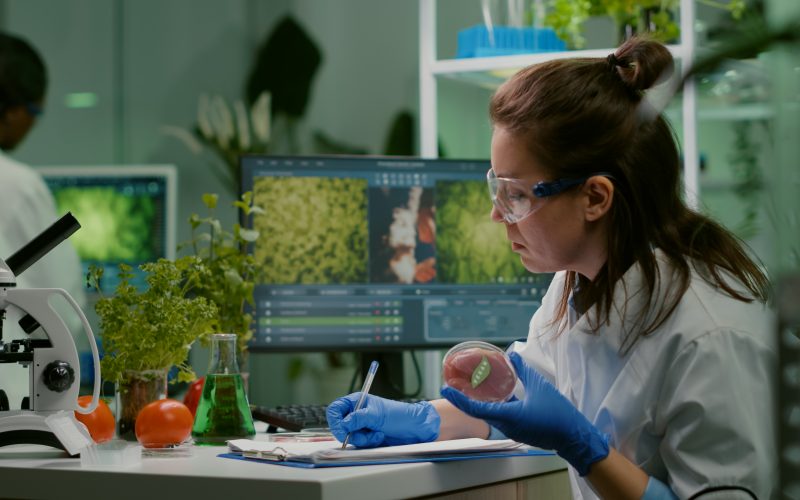


Vox staff writer Kenny Torrella discusses cultivated meat, a product grown from animal muscle and fat cells, and how it’s being blended with plant-based products in hopes of ending traditional meat production altogether.
Read more
Michael Shermer of Skeptic Magazine discusses why someone might be drawn into a conspiracy. Plus, a blog post from this episode about the dos and don’ts of talking to people who believe conspiracy theories.
Read more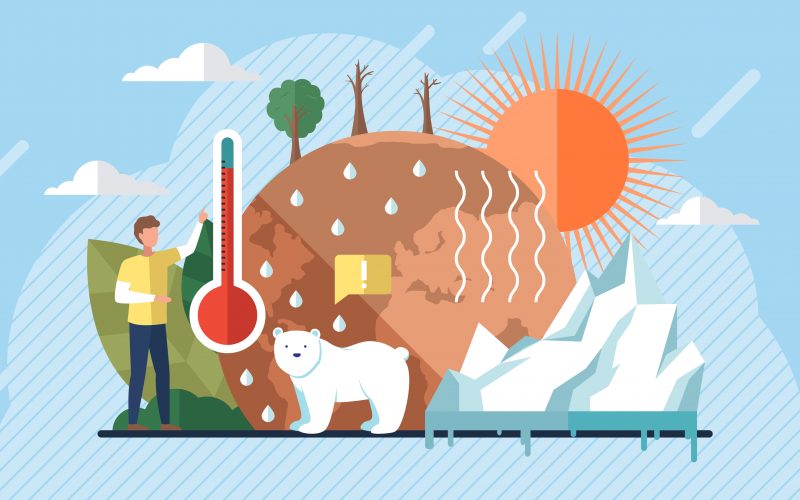
Of all the species on Earth, humans have easily had the biggest impact. We’ll look at how our actions have affected everything from the bug population to the plants and trees many animals call home.
Read more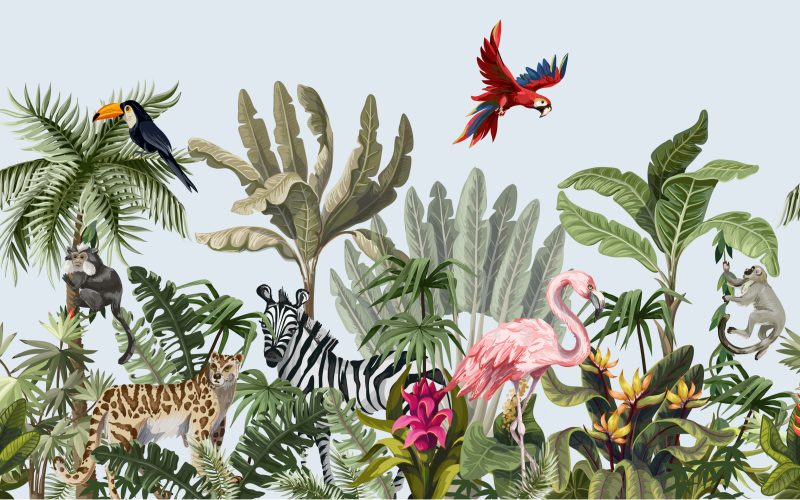
Ed Yong, Pulitzer Prize–winning science writer on staff at The Atlantic, discusses what seems like animal magic powers – from magnetic fields and sonar to complex vision and heightened smell.
Read more
Laurie Winkless explains the fascinating world of surfaces that defines the world around us – from the products we use to our very own molecules.
Read more
Adam Becker joins us to discuss theories about the space-time continuum and why they are important if we want to achieve a much deeper understanding of how the universe works.
Read more
Shakil Choudhury is a consultant with 25 years of experience in justice, equity, diversity and inclusion training, and he joins us to talk about addressing racism with the science of psychology.
Read more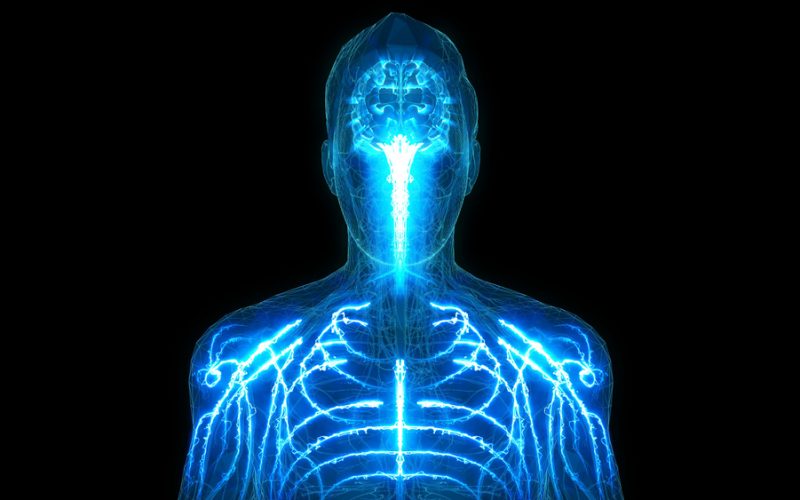
Daniel M. Davis is professor of immunology at the University of Manchester, and he joins us to talk about cutting-edge research that will help doctors fine-tune our health care.
Read more
Science writer Philip Ball joins us to discuss new research about imagination, and why the ability to understand the world in multi-dimensional ways is more surprising than even our ability to dream.
Read more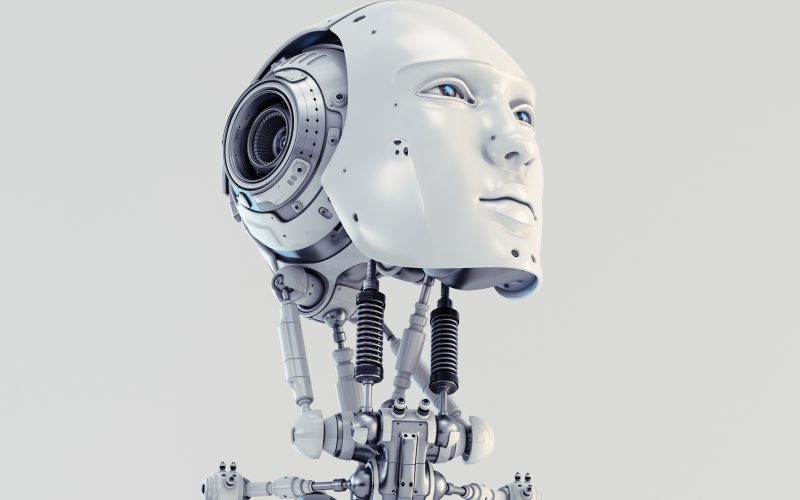
Washington Post reporter David Montgomery joins us to discuss the Pentagon’s simulated search-and-rescue competition that is stretching the limits of how robots process information and, ultimately, help the humans around them.
Read more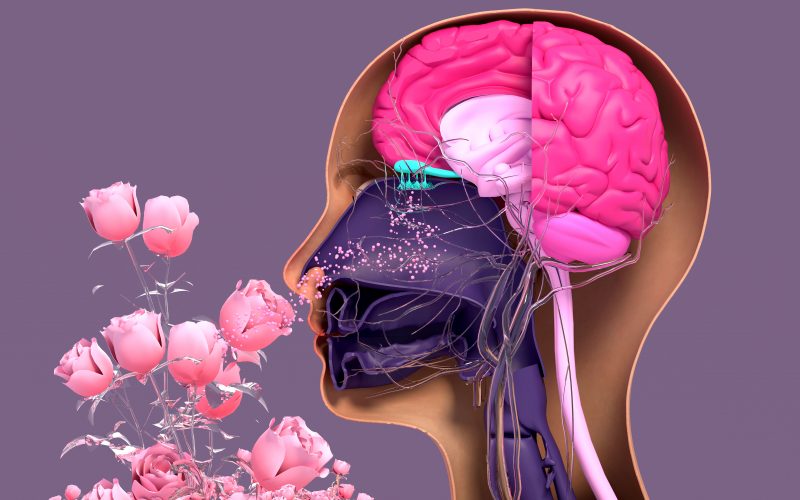
Journalist Jude Stewart joins us to talk about how our sense of smell shapes our world from art to history and reveals the surprising science behind it.
Read more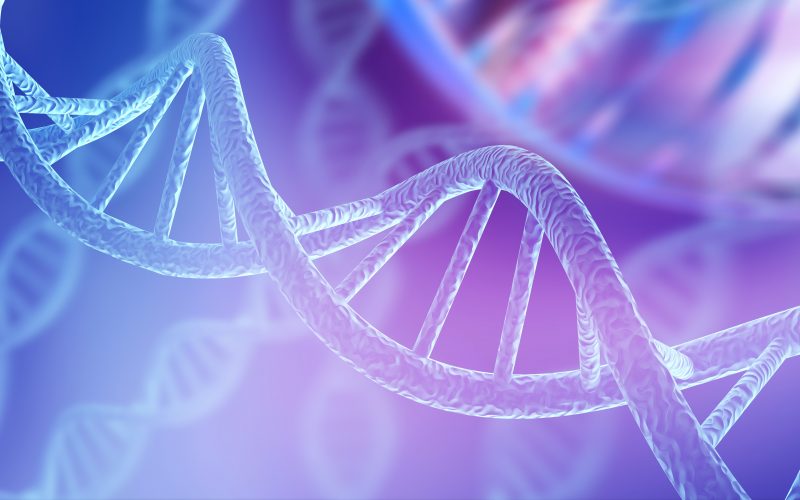
Law professor Jorge L. Contreras joins us to discuss a landmark case brought when the U.S. government issued patents to biotech companies to use human genes, and the field of human genetics law it created.
Read more